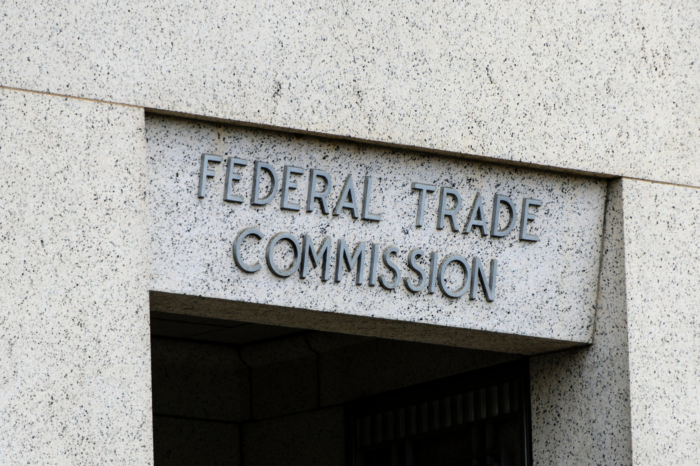Why IPEF Must Include Strong Digital Trade Rules

The eyes of the U.S. business community will turn this week to Brisbane, Australia, which will host the first formal negotiating round of the Indo-Pacific Economic Framework (IPEF). The stakes are high: The Indo-Pacific is the world’s largest and most dynamic economic region, and U.S. workers, farmers, and companies find its vast opportunities enticing.
The need for the U.S. to engage more vigorously in the region is obvious. In recent years, other countries have signed scores of preferential trade pacts that benefit their domestic producers, but the U.S. has been standing still — and we risk falling behind.
Further, China’s burgeoning commercial links across the Indo-Pacific and worldwide, the challenge posed by its model of state capitalism, and the disruptions to the global economy caused by Russia’s unprovoked invasion of Ukraine underscore the need for the U.S. to get back on offense on trade.
The U.S. Chamber of Commerce has laid out comprehensive recommendations for the framework and participated in the recent ministerial in LA. Among other points, we are seeking progress on customs and trade facilitation to streamline procedures and ease logistical impediments to the free flow of goods and services. We also hope for substantial advances in other areas such as good regulatory practices, technical barriers to trade, supply chains, the energy transition, and more.
Of note, the U.S. Chamber and 19 other U.S. business organizations on December 7 wrote a letter to the Biden Administration urging U.S. negotiators to include strong digital trade rules. Among other things the letter pointed out:
- “Digital trade is opening markets to American small businesses, whose reach abroad is growing dramatically thanks to e-commerce platforms and digital advertising tools that allow them to find new customers; payment systems that ensure quick, economical, and safe transactions; cloud companies that allow small businesses to operate with the sophistication of a major multinational business; and shipping, customs clearance, and fulfillment providers that enable them to send products across the region…
- “Digital trade is enabling businesses of all sectors to compete more effectively on the global stage—from manufacturers to medicine developers, from farmers to financial services firms—as they incorporate digital tools and cross-border data flows to develop new products and innovations, provide value-added services to their customers, and run efficient and resilient global businesses.
- “Digital trade is fueling a boom in U.S. services exports, allowing continued expansion during the pandemic. About two-thirds of all professional and business services can be exported today. These growing sectors provide excellent jobs to well over 20 million Americans, and yet they are just beginning to seize the export opportunities digital trade now offers.”
For Southeast Asia alone, reports predict that region’s digital economy market will be worth $1 trillion by 2030 and is on track to hit $200 billion in gross merchandise value this year.
The U.S. Chamber examined this trend in a major report entitled The Digital Trade Revolution: How U.S. Workers and Companies Can Benefit from a Digital Trade Agreement. The report underscores the promise of digital trade as a driver of dynamic growth and good jobs in the U.S. and abroad. The report includes details on a host of industry sectors and state-by-state fact sheets.
Unfortunately, global barriers — like data localization measures and other regulatory restrictions — to U.S. digitally tradeable services exports are on the rise. Left unchecked, the proliferation of these trade impediments threatens to deprive American workers and companies of the potential benefits of exporting digitally tradeable services.
Central to the IPEF should be enforceable digital trade language building on the U.S.-Japan Digital Trade Agreement or the digital trade chapter of the United States-Mexico-Canada Agreement (USMCA). Such a chapter would include a ban on forced localization of data, guarantees that firms will be able to move data across borders, and a prohibition on government requirements to access source code, among other priorities. These rules should apply to all sectors of the economy, without exception.
Given the broad bipartisan, bicameral, and stakeholder support for U.S. leadership in the Indo-Pacific, the U.S. Chamber is urging the Administration to move the IPEF forward — including binding, enforceable digital trade rules — with urgency, ambition, and determination.


